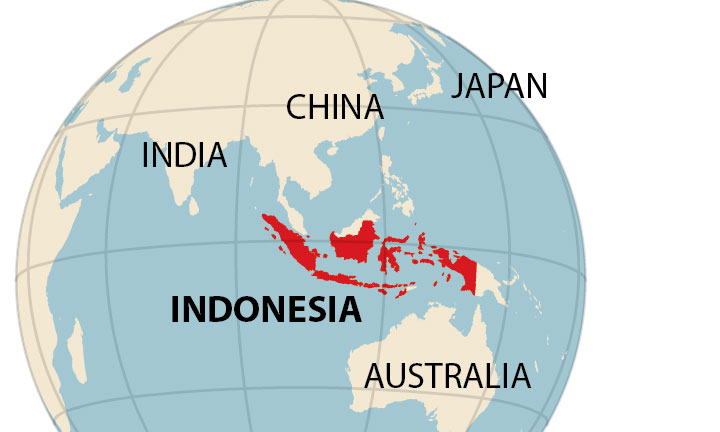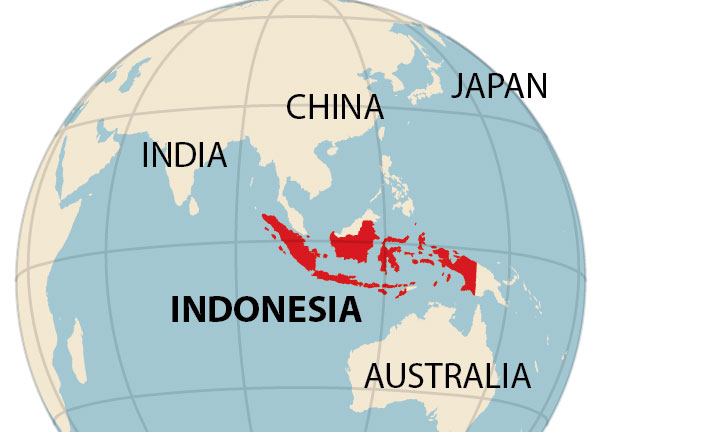IEEFA Report: Indonesia’s State Power Company Continues to Lag Global Shift in Electricity Generation

 IEEFA — Indonesia’s national power company is perilously out of step with global trends in electricity generation even as it seeks a more than $1 billion infusion from international bond markets, concludes a report published today by the Institute for Energy Economics and Financial Analysis (IEEFA).
IEEFA — Indonesia’s national power company is perilously out of step with global trends in electricity generation even as it seeks a more than $1 billion infusion from international bond markets, concludes a report published today by the Institute for Energy Economics and Financial Analysis (IEEFA).
The report — “Perusahaan Listrik Negara (PLN): A Power Company Out of Step With Global Trends”— describes a utility steadfastly dedicated to coal-fired generation in an era of fast-rising competition from clean energy. It notes that PLN plans shortly to tap global bond markets to fund its growth plans.
“PLN is sinking under the weight of a flawed planning process that lacks crucial insight into the clean energy trends reshaping global power,” said Melissa Brown, an IEEFA energy finance consultant and author of the report. ‘In years past, international capital markets might have overlooked the company’s coal dependency and its shaky finances—but not anymore.”
“Increasingly, global bond investors understand the risks associated with coal lock-in for high-growth countries like Indonesia,” Brown said.
The report warns that if PLN is to make its bond issuance a success, it will probably have to answer a number of pointed investor questions and concerns.
Among them:
Whether the utility can reduce its reliance on Ministry of Finance subsidies. “PLN’s tariffs are frozen for 2018 and 2019 and payments to independent power producers (IPPs) are set to rise, meaning the utility stands to be an even bigger drain on Indonesia’s treasury over the medium term. While Indonesia’s sovereign credit profile has improved recently, PLN’s debt service metrics compare unfavorably to other Asian issuers. We see more risk, not less, ahead.”
Whether PLN is willing and able to adopt a more credible planning process. “If PLN hopes to be in good standing with global bond investors, it will need to find a way to address flaws in its high-cost IPP-dependent planning process, which sees a bigger future for diesel-fired capacity than for cost-effective utility-scale solar.”
Whether it can lower is capex program risk and embrace major technology and market changes. PLN would benefit from a crash course on the type of dynamic scenario analysis that experts use to analyze the type of risks that come with over-reliance on legacy coal technologies and weak planning disciplines.”
Whether its leaders recognize that long-term investors place a value on environmental performance. “The Government of Indonesia (GoI) scored a victory in the global bond markets in February with an attractively priced five-year US$1.25 billion green sukuk, which will fund projects in a range of green areas including renewables, energy efficiency, climate change adaptation, sustainable transport, and green buildings. Capital markets now favor these trends, as opposed to fossil-fuel-heavy development plans like PLN’s.”
“These issues have taken on added urgency because of the company’s need to tap into the international finance market to fund its new generation capacity needs,” the report states. “Where previously the Ministry of Finance has tried to fund these efforts, it lacks the domestic debt capacity to continue doing so.”
“The company’s current, coal-dependent development plan raises serious financial implications for PLN,” Brown said. “On the one hand, plentiful domestic coal resources mean that PLN is partially insulated from international coal price volatility and foreign currency exposure. On the other hand, the country’s reliance on coal has robbed PLN of strategic flexibility just as technology breakthroughs are accelerating the promise of renewables.”
“PLN would do well to acknowledge that its current business-as-usual policy is increasingly risky, given the changes occurring around the globe in the power sector. These changes are beginning to disrupt legacy asset values and transform new capacity options, and investors will want good answers to some key questions.”
Full report: “Perusahaan Listrik Negara (PLN): A Power Company Out of Step With Global Trends”
Media contact: Karl Cates [email protected]917 439 8225












